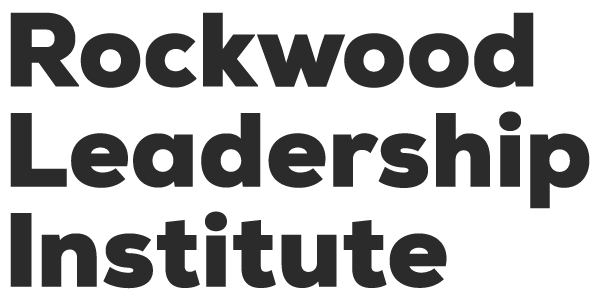
When I worked in the human rights movement, I often heard the phrase, ”There are no human rights for human rights workers.” Because we had life-saving jobs, we felt like we would put people at risk if we took any time for ourselves. There was a double standard: workers gave intensive support to the people who came to us, but were denied a fair or just workplace ourselves. We were spread thin, and there were no mechanisms in place for protecting our emotional well-being.
Unfortunately, this kind of culture is all too common in many social justice organizations, despite the fact that giving all of ourselves to the job, and to others, isn’t sustainable or conducive to wellness.
At my current workplace The Icarus Project, we believe that social justice begins at home. Our work on mental health has led us to deeply interrogate the ways we reproduce oppression in our movements, and identify what we can do to dismantle harmful cultural beliefs and practices in the workplace.
That’s why, within our organization, emotional justice is more important than productivity. We define emotional justice as policies that protect the emotional well-being of our staff by centering anti-oppressive and trauma-informed practices in our workplace.
For us, it’s better to move slower together than to move fast and leave our friends behind.
If you’re interested in shifting your organization’s culture in this direction, here are eight practices The Icarus Project uses to be emotionally just:
- Embrace different ways of being: Some people communicate better on the phone, and others by email. Some are project-based, and some need to clock hours. Because we know we all work differently, we trust in each staff member’s work process, and give everyone the independence to fulfill their tasks in the way that works best for them.
- Emotional Honesty: In our workspace, we feel safe to communicate promptly about emotional needs without feeling like we’re being difficult or inconvenient. We support self-honesty, self-awareness, and community care by encouraging staff to create safety plans: information about stress and trauma responses, ways others can show care and support, and people to contact in case of crisis. This allows us to better support staff and keep them in our movements, instead of marginalizing them or burning them out.
- Emotional Check-Ins: When a member of our organization is struggling, they feel safe to say so without fear of negative consequences. This also allows us to keep working effectively, because we’re able to shift tasks and responsibilities to support the health and well-being of our coworkers while still getting the job done.
- Evaluations That Uplift: We have quarterly evaluations that uplift our employees and help advance the workflow of the organization. Instead of judging how well a person did their job, we ask questions like, “Was the workload realistic for you?”, “Do you need support to finish your tasks?”, “Do you need training, skillshares, or a shift in how a project or program operates?” Sometimes support might just be creating space for someone to figure out how they can manage their workplan. This is part of any healthy collective management arrangement, and can also be implemented in more traditional hierarchies.
- Realistic Workplans: It’s been said that when you chase two rabbits, you lose both of them. Realistic workload improves emotional health, so we prioritize goals, and choose programs and tasks that can be done realistically in the amount of time we have. Everything else, we allow ourselves to table or leave behind.
- Work flexibility: Life keeps moving even when we’re at work – pipes burst, people move, babies are born. That’s why it’s important to provide flexibility for those moments that may require staff members to take time off work. We offer parental leave, bereavement, sick days, and a certain number of free days that people are able to take as needed.
- Time Off: When our organization gets particularly busy or the work becomes stressful, we encourage staff to take time off in order to recharge. We recognize that a job is only one part of a person’s life, and our organization won’t stop functioning just because people take time off. We also know that when employees pursue hobbies, enjoy leisure, and spend time with their families, they’re often more productive as a result.
- Trust & accountability: We trust that our co-workers will manage themselves, strive for their best, and will utilize our generous policies respectfully. Self-honesty, self-disclosure, and self-accountability are the cornerstone of an emotionally just organization.
There are many ways to create nurturing work environments, so we invite you to explore what might work best for your organization.
Emotional justice is an important – but often overlooked – part of social justice, and it may be a key to our liberation.
The Icarus Project is a support network and education project by and for people who experience the world in ways that are often diagnosed as mental illness. They advance social justice by fostering mutual aid practices that reconnect healing and collective liberation, and believe that we transform ourselves through transforming the world around us. Learn more at theicarusproject.net.

